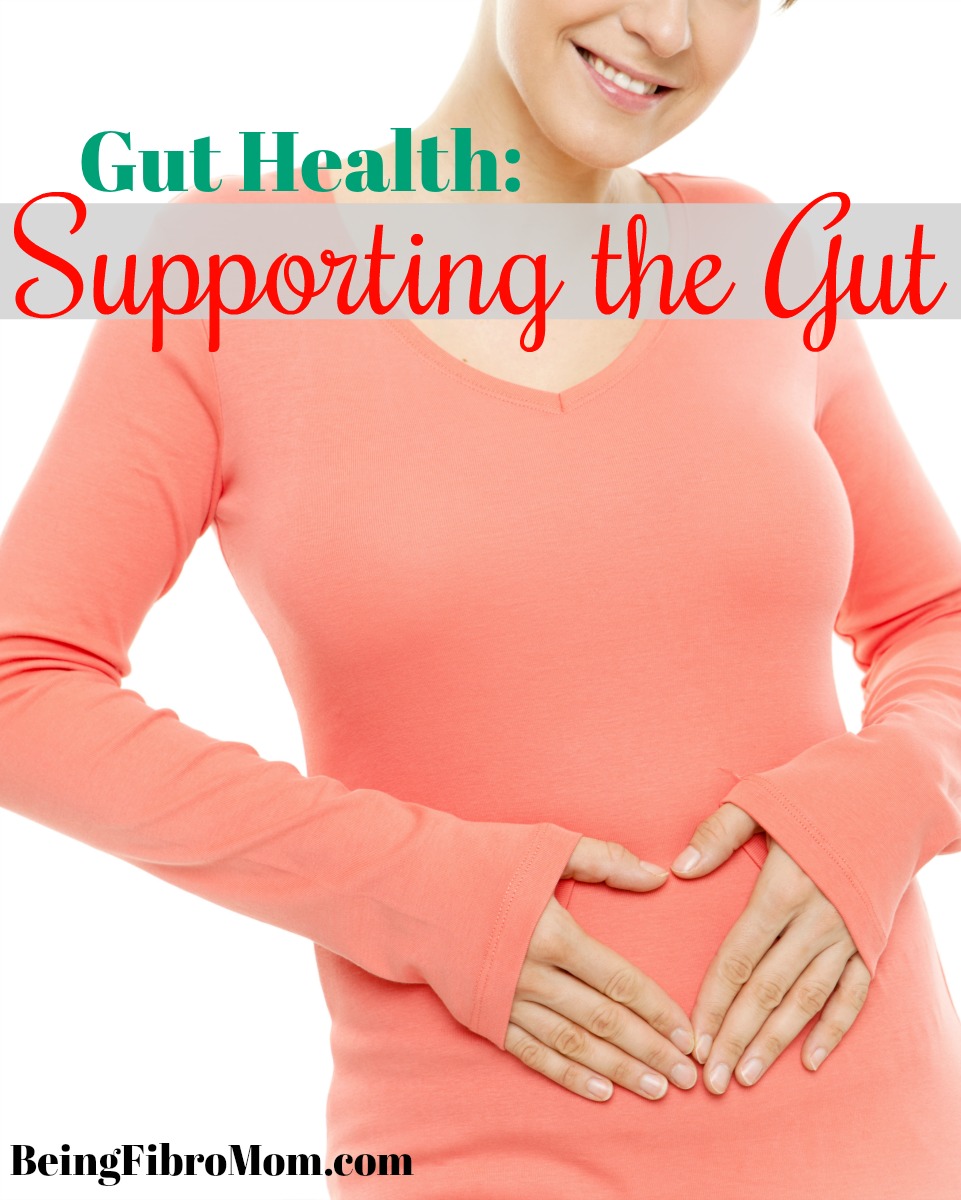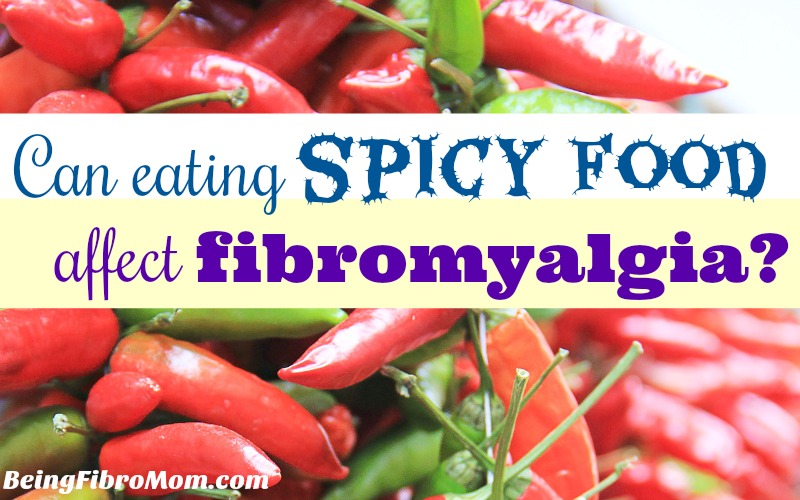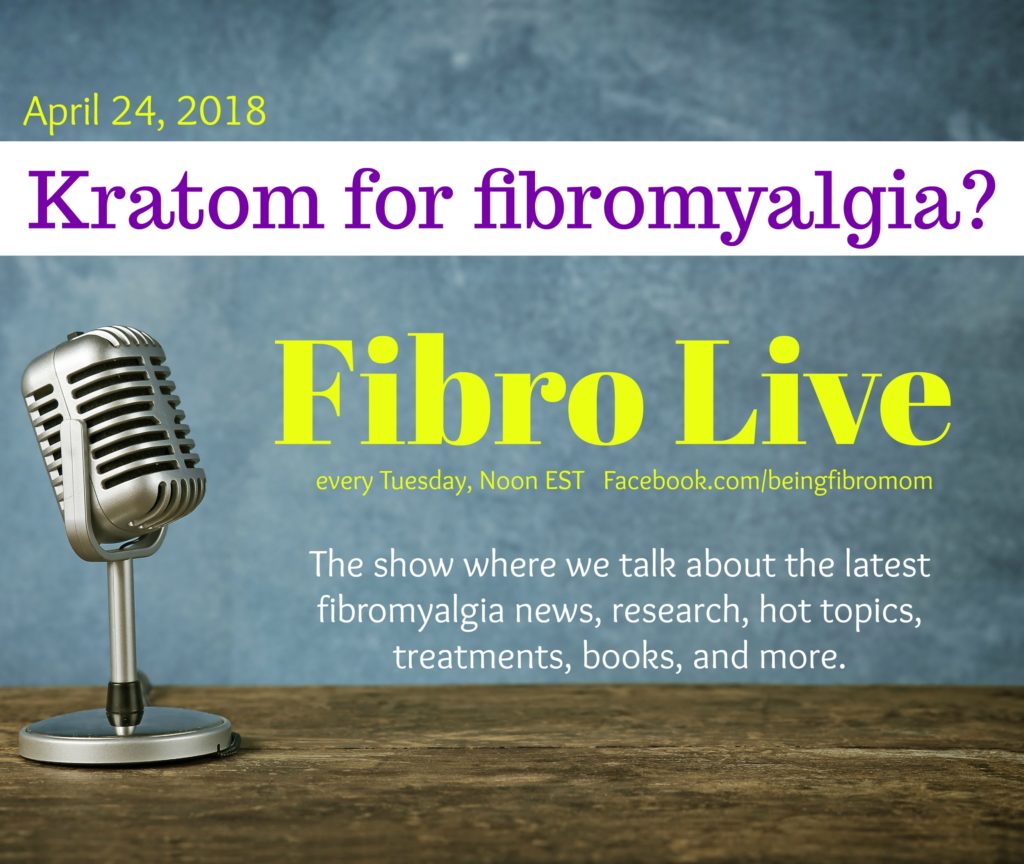On today’s Fibro Live show we’re going to talk about the ways of properly supporting the gut. On the past two shows we’ve talked about the elimination diet. The elimination diet helps to identify food allergens and sensitivities among other benefits. It’s also the first step to restoring healthy gut flora (the good bacteria living in the digestive tract). This week we are talking about supporting the gut and the various ways to do it.
Scroll down to watch the Fibro Live video about Supporting the Gut.

Supporting the #gut for good #guthealth on #FibroLive! Share on X
Disclosure: I get commissions for purchases made through links in this post, but these are products I recommend and have verified and/or used.
So you’ve implemented the elimination diet and ready to move onto the next step. What is the next step in restoring healthy gut?
The next step is properly supporting the gut. This support can come into a variety of ways: supplements, foods, probiotics, and digestive enzymes. Donna and I have experience with a few of these.
Ways of Supporting the Gut
Tips when finding a supplement, probiotic, or digestive enzyme
When looking for supplements, probiotics, or anything going into the body, there are a few points to keep in mind.
- Read the label to check ingredients. This is essential when selecting a product. Some products contain ingredients that could be a trigger for your body. Some of the common allergens to look out for include wheat, dairy, soy, and corn. Corn derived ingredients are ones that are classified as corn and include maltodextrin, cellulose, corn starch, and others.
- Find information on the product, if possible, by reading products reviews or visiting the company’s website.
Supplements
Supplements can help nourish the gut and provide it with the essentials it needs to maintain balance and healthy gut flora. There are a variety of supplements in supporting the gut, but here are the ones Donna and I use.
Donna: I’m a big fan of the work of Kristen over at Sassy Holistics. When I worked with her last year as a client, she recommended some natural products for healing the gut lining including:
I’ve also heard really great things from multiple sources about Restore, for healing the gut lining. I plan to add this to my protocol at some point.
If you follow the work of Dr. Ginverva Liptan, I would recommend checking out the gut health chapter in her book, “The Fibro Manual.” I remember reading that she recommends a protocol using l-glutamine powder to help heal the gut lining. Sometimes she will have patients do this protocol for a several weeks before adding ANY other supplements to help treat fibro symptoms. The fact that the gut is one of the first things she addresses with her fibromyalgia patients was really telling to me. If you have a leaky gut and/or you’re having absorption issues within the digestive tract, then you’re basically wasting your money on supplements and other treatments if your body isn’t able to properly use them.
I’m also a BIG fan of taking magnesium to help facilitate regular bowel movements. I’ve had the best results with magnesium glycinate or malate.
Brandi: I take magnesium citrate 400 mg tablets, periodically, to help with constipation. Maintaining regular bowel movements is good for the gut so you don’t have those toxins sitting in your body to be absorbed back into the body. Do not take this on a regular basis because magnesium citrate is a saline laxative. For the dosage amounts based on age, refer to the chart provided by the National Institutes of Health.
Foods
Certain foods can naturally restore balance and be a great source of supporting the gut. Here are the foods we use.
Donna: I wouldn’t depend on fermented foods exclusively to help support the gut, but I do think they are wonderful additions to any gut-healing protocol. I drink GT’s kombucha, which is a fermented tea, almost every day. It’s loaded with good probiotics to help the gut. Sauerkraut and kimchi are good choices, too. Yogurt also falls into the fermented foods category, but I would urge people to carefully read food labels because many popular yogurt brands are full of sugar or artificial sweeteners.
Brandi: Our house eats Kimchi on a regular basis. It’s not only great for the gut, but great for the taste buds! I also eat lots of fiber rich foods such as avocado, broccoli, flax seeds, gluten free oats, apples, leafy greens, almonds, chia seeds, and healthy fats such as extra virgin olive oil and coconut oil. I use Bulletproof Octane oil on some of my foods such as avocados or a little bit in my coffee.

Probiotics
Probiotics are a way to put good bacteria back into the gut and help the body’s microbiome. It’s essential to use probiotics at certain times such as when you’ve completed a round of antibiotics, you’ve recently been sick, or looking to good bacteria into the gut.
Donna: My probiotic of choice right now is Daily Body Restore. It combines several probiotics with digestive enzymes into one product. I use DBR every day because it’s an easy way to help keep the microbiome’s good and bad bacteria in balance.
Quick tip: Some people react negatively when they start taking a probiotic. I was one of those people! Initially, I couldn’t take traditional probiotics because they caused bloating, stomach pain, gas, etc. My doctor at the time suggested trying a fermented probiotic like the one from
Dr. Ohirra’s, and it worked great until my gut healed enough to tolerate traditional probiotics.
Brandi: I use a women’s blend of probiotics by Klaire Labs. It was recommended by a friend who is a holistic nutritionist. I take one of these at dinner time each day.
Word of caution: Do NOT take a probiotic within one hour of taking diatomaceous earth or apple cider vinegar. You WILL become very ill.
Read Little-Known Health Benefits of Probiotics by Dr. Whitaker.

Digestive Enzymes
Digestive enzymes help breakdown foods in the stomach in order for it to be better absorbed by the digestive tract. When foods are not broken down properly, particles can pierce the lining of the intestines and result in what is known as leaky gut.
Donna: I’m a huge fan of digestive enzymes. Within two weeks of starting digestive enzymes, I was able to stop taking Nexium for acid reflux. I currently get my enzymes from Daily Body Restore, but I previously used the Source Naturals brand.
Brandi: I was taking a digestive enzyme to help breakdown my foods, but it was causing stomach upset. I read the ingredients, and it contains maltodextrin, and that’s why it was hurting my stomach. Now I eat a bowl of salad with either extra virgin olive oil or apple cider vinegar as the dressing or some celery sticks before my meal. These foods help breakdown foods.
What to avoid when restoring balance in the gut
Donna: There are lots of things that can disrupt the microbiome bacteria and negatively affect the gut. Many people take proton pump inhibitors (PPIs) like Nexium and Prilosec long term when they were only meant to be taken for a couple of weeks at the time. When possible, I use natural alternatives to PPIs like digestive enzymes.
Antibiotics can be devastating to the gut, and I avoid them whenever I can. If I do have to take them, I try to increase my dosage of probiotics to help offset the damage.
And food … it always comes back to food! If you’re still eating conventionally grown wheat and genetically modified (GMO) corn and soy, then you’re potentially poisoning yourself with every bite. Non-organic wheat is routinely sprayed with glyphosate (Roundup weed killer), which then ends up in our food. In the case of some GMO foods, glyphosate is bred into the plant so that it emits its own pesticide to deter insects. We, in turn, end up eating that! Most people don’t realize glyphosate is considered to be an antibiotic. It kills off the good bacteria in the gut, and there have been studies that show glyphosate causes leaky gut in EVERYONE who eats it, not just those with chronic illnesses like fibromyalgia. If you’re not ready to give up these foods entirely, then I would suggest looking at organic alternatives to reduce your exposure.
Brandi: Some people take apple cider vinegar to help maintain a healthy gut, but do not take too much of it. It can lead to other issues such as tooth erosion, nausea, bone loss and others. Even too much of a good thing can be bad.

Related Articles




